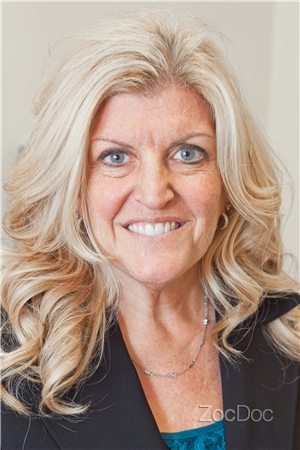It may be an all too familiar story, and one that often ends in tragedy. But this time, Michael got lucky. Not only did have a family support, he had a physician who refused to give up on him.
Michael’s physician is Marla Kushner, DO, a primary care physician in Chicago who specializes in addiction medicine. Patients with substance use disorders “happen to be my favorite patients. Especially when you see them get better,” Dr. Kushner says.
But as many physicians know who work with patients with substance use disorders, it can be challenging. Michael, even after he seemed to be committed to sobriety and was taking buprenorphine/brand name Suboxone, relapsed. Thankfully, he had parents who immediately admitted him to an inpatient facility where he was detoxed safely. When he returned home, Dr. Kushner put him back on Suboxone, and this time everything seemed to click. He got involved in Dr. Kushner’s Suboxone therapy group, went to 12-step meetings, family counseling, and individual counseling.
 “It was amazing. He just started to feel good,” Dr. Kushner says. “He’s just really taken all the recommendations we’ve given him and put it into action. He’s become really successful.”
“It was amazing. He just started to feel good,” Dr. Kushner says. “He’s just really taken all the recommendations we’ve given him and put it into action. He’s become really successful.”
Now, the same man who got kicked out of college, was recently accepted back into college where he plans to major in therapy so he can help others. He has a job and is completely committed to sobriety.
One key to his success, says Dr. Kushner, was Michael’s understanding that taking a prescription alone is not enough. He needed counseling and support. “I won’t give a prescription without (support). But that goes with any chronic disease,” she says. “I would encourage other physicians who work with patients who have the disease of addiction and who prescribe them medication to follow the recommendations that come with these prescriptions.” Prescribing medications with behavioral therapies is required for office-based prescribing of buprenorphine for opioid use disorder under the Drug Abuse Treatment Act of 2000. P atients’s needs vary, so clinics that can offer a number of different types of psychosocial/behavioral interventions may be better able to individualize treatment plans.
Dr. Kushner is optimistic about Michael’s long-term prognosis and counts him as one of her best—of many—success stories.

